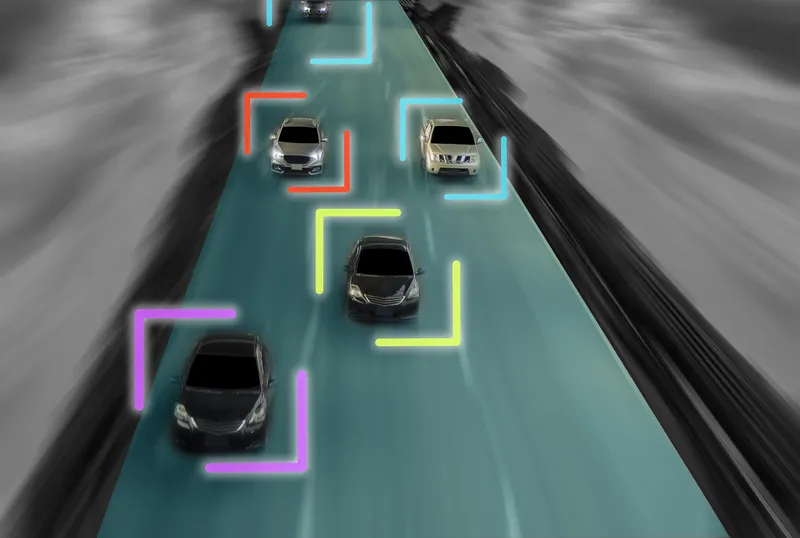Mike Haldane, GTT's vice president of global marketing said the company discovered the need for PCaaS after meeting with dozens of departments from around the U.S and learning that departments are having difficulty staffing their stations, and public safety personnel are becoming more specialized.
Haldane said: “Firefighters and EMS staff are trained to prevent and respond to emergencies. Departments don’t have the time or resources to worry if a vehicle’s GPS antenna is working or if there’s pre-emption at the next light.”
“You simply sign up, show up and get the green light. With Opticom PCaaS, GTT handles all the infrastructure and services for a simple, flat fee.
"The public safety industry has advanced to the point where we have to think about priority control in an entirely new way,” Haldane added. “First responders need to get on the scene of an emergency so they can do their job. Opticom PCaaS can help clear a path.”
GTT launch new service for emergency services to get priority control at intersections
Global Traffic Technologies (GTT) has introduced an Opticom Priority Control as a Service (PCaas) to Police, Fire and Emergency Medical Services (EMS) departments to enable priority control at intersections and get vehicles to the scene of an emergency quickly and safely. The technology provides departments with the same priority control while GTT supplies equipment for installation and maintenance. Mike Haldane, GTT's vice president of global marketing said the company discovered the need for PCaaS after
November 7, 2017
Read time: 2 mins








